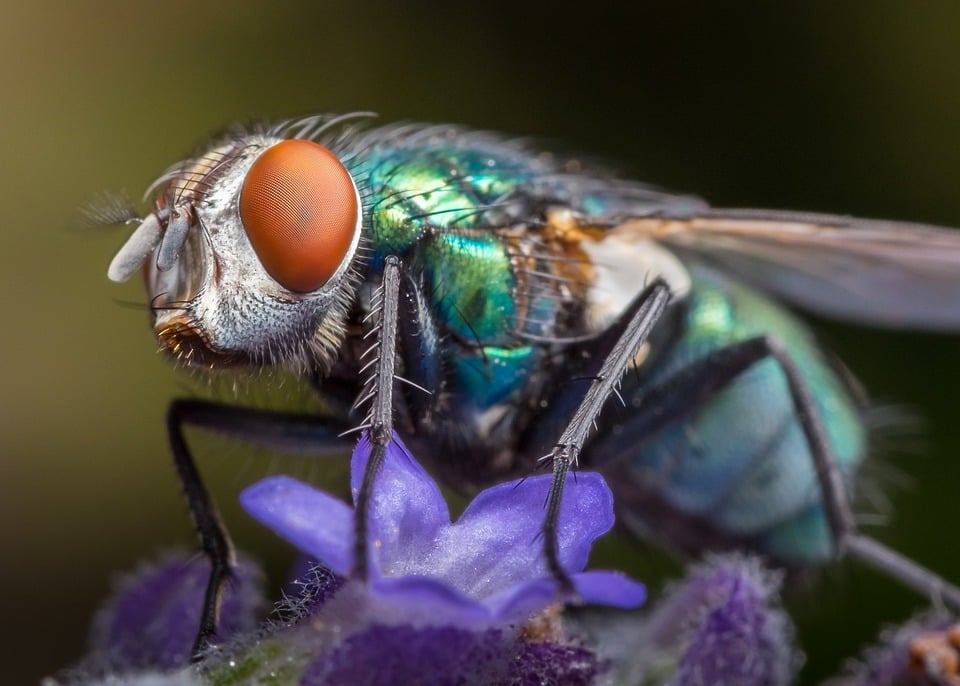Ditch the Chemicals: The Rise of Natural Bug Sprays in Pest Control
In recent years, a discernible shift has been taking place in the field of pest control, driven by a growing awareness of the potential hazards associated with chemical insecticides. The rise of natural bug sprays is not just a fad but a reflection of changing consumer preferences, sustainability movements, and increasing environmental consciousness. As more people seek effective yet safe solutions to manage pests, the demand for natural alternatives continues to gain traction.
The Dangers of Chemical Insecticides
Chemical insecticides have long been the go-to solution for pest problems, offering rapid and effective results. However, these chemicals often come with a host of downsides. Many synthetic pesticides are toxic to humans and pets, raising concerns about long-term exposure, especially in households with children. Furthermore, the environmental impact of these substances cannot be overlooked; they can pollute waterways, harm beneficial insects, and disrupt entire ecosystems.
A growing body of research links chemical pesticides to health issues ranging from skin irritations and respiratory problems to more severe conditions like cancer and endocrine disruption. As the public becomes more informed about these risks, many individuals are turning towards safer, more natural alternatives in their quest for effective pest control.
The Appeal of Natural Bug Sprays
Natural bug sprays leverage plant-based ingredients like essential oils, vinegar, and other non-toxic substances that repel or exterminate pests without the harmful side effects associated with conventional pesticides. Some of the most commonly used natural ingredients include:
-
Essential Oils: Oils derived from plants, such as citronella, peppermint, and eucalyptus, are known for their pest-repelling properties. They are less toxic to humans and pets while being effective deterrents against a variety of pests.
-
Diatomaceous Earth: This natural powder is made from the fossils of tiny aquatic organisms and can kill insects by dehydrating them upon contact. It is safe for use around humans and pets and is often used in gardens and homes.
-
Neem Oil: Extracted from the seeds of the neem tree, neem oil is a powerful insecticide that disrupts the life cycle of many pests. It offers a way to control infestations without affecting beneficial insects.
- Vinegar and Soap Solutions: Homemade sprays combining vinegar or soap with water can be effective against soft-bodied pests like aphids and spider mites. These solutions are easy to make and use common household ingredients.
The effectiveness of these natural sprays is continually improving as research and development in this field advance. As more consumers prioritize their health and the environment, manufacturers are responding with innovative formulations that enhance performance while maintaining safety.
The Shift Towards Sustainability
The rise of natural bug sprays aligns with a broader movement prioritizing sustainability and eco-friendliness. Organic gardening, permaculture, and holistic living have all contributed to a growing acceptance of natural pest solutions. Today’s consumers are more inclined to choose products that minimize their environmental footprint, reduce chemical exposure, and support sustainable practices.
Moreover, major pest control companies are taking notice. Many are diversifying their product lines to include eco-friendly options, recognizing that consumers are willing to pay a premium for natural products. This competitive shift not only helps promote responsible pest management but fosters broader acceptance and trust in natural solutions.
DIY Natural Bug Sprays: A Growing Trend
The trend of natural bug sprays also extends into the realm of DIY (do-it-yourself) remedies. Many consumers are now experimenting with homemade bug repellents, allowing them to customize their solutions according to their specific pest problems. Simple recipes for DIY sprays can be found on various platforms, empowering individuals to take control of their pest management in a safe and natural way.
Conclusion
As the conversation around health, safety, and environmental conservation continues to evolve, the shift towards natural bug sprays in pest control represents a significant transformation in how we address pest problems. The allure of effective, non-toxic solutions offers not only peace of mind but a step towards a more sustainable relationship with our environment. By ditching the chemicals and opting for nature-derived alternatives, consumers can protect their homes and health while preserving the planet for future generations. The future of pest control is here, and it is green.
